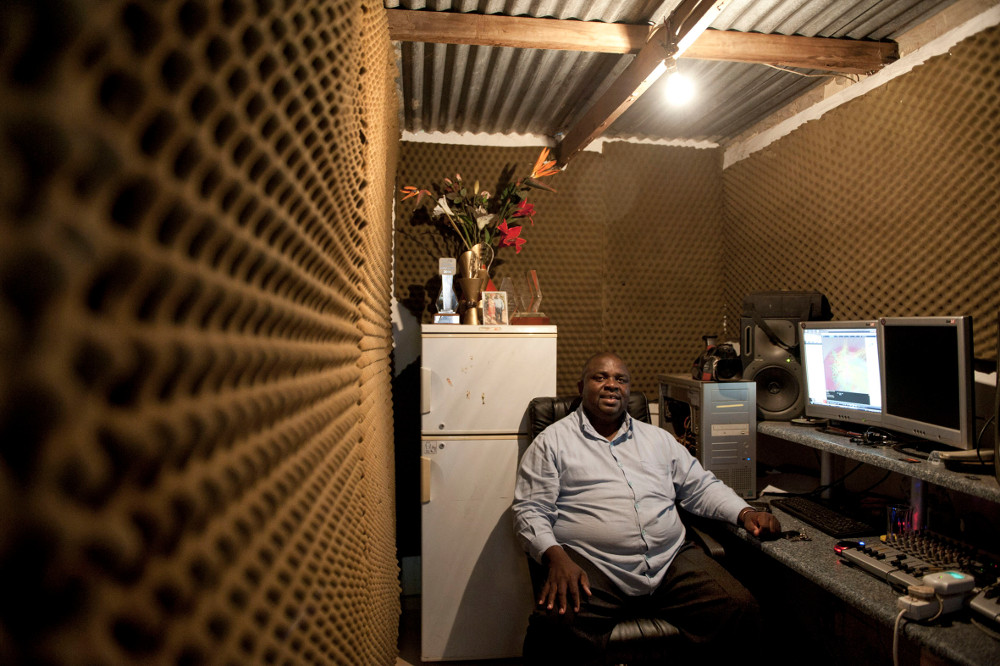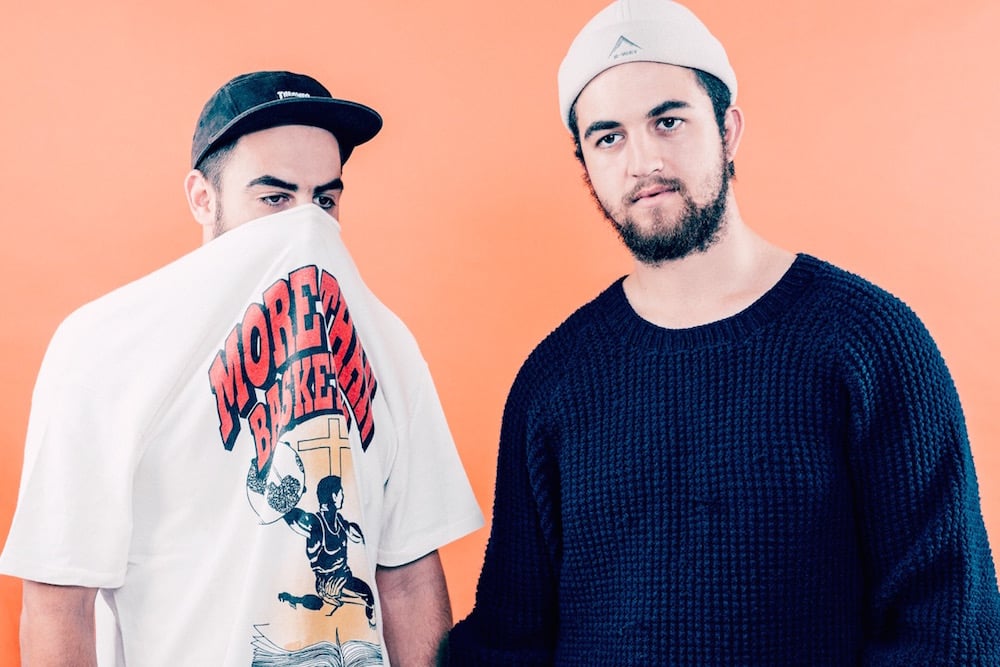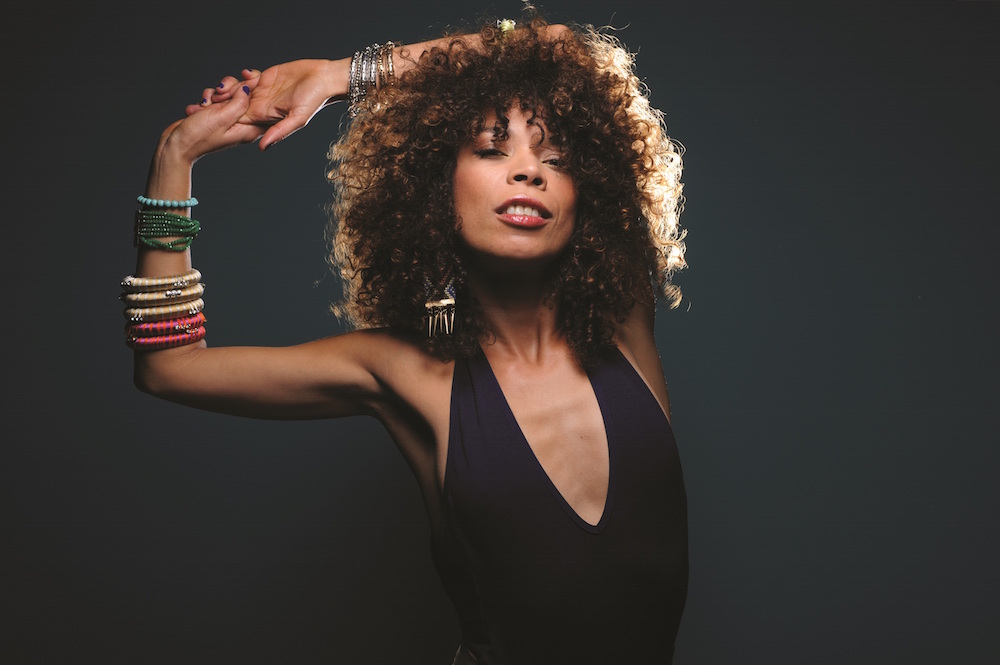Musician Nathalie Natiembe from Reunion will be performing at Zakifo this week.
Not many South Africans have heard of Reunion, which is puzzling but not altogether surprising, as I will explain. Located east of Madagascar, just a four-hour flight from Johannesburg, Reunion is an overseas department or region of France.
To all intents and purposes, the people of Reunion are French citizens and identify as such. If you don’t speak or understand French or Creole, you’re going to struggle to communicate with the locals as few of the approximately 840 000 speak English.
As far as islands go, South Africans prefer Mauritius, where English is the main language. Boosted by a powerful marketing machine, Mauritius has a developmental agenda and has created a strong service economy as well as many tourist-focused resorts, says Andy Davis, founder of South African culture magazine Mahala and youth-oriented content marketing business Jingo.
Given that, it’s no shock that in 2014, according to the French foreign affairs department, only 1 500 to 2 000 South Africans visited Reunion as opposed to the 94 000 who went to Mauritius (Statistics Mauritius, 2015). We travelled to Reunion for Les Electropicales – an annual electronic music festival that takes place in venues around the island.
Two of South Africa’s biggest exports, Shangaan electro music group Nozinja and Bacardi house spinner DJ Spoko, born Marvin Ramalepe, were genuine crowd hits. “What’s my name?” Nozinja shouted at the crowd. “No-zin-ja No-zin-ja. No-zin-ja,” he chanted, urging the revellers to repeat after him.

Nozinja. (Paul Botes, M&G)
It was clear many had not heard of the artist but they couldn’t resist running to the stage, jamming and chanting his name. Both Nozinja and Ramalepe have played in France, New York, The Netherlands and the United Kingdom but confessed to not knowing a thing about Reunion. “When my agent told me I was playing in Reunion, I had to Google it,” said Ramalepe, laughing.
Drawing 6 500 and boasting a line-up of 45 artists last year, Les Electropicales has become a firm fixture on the island’s music calendar. Many travel from around the world to enjoy global electro music in a chilled tropical setting.
Tickets for South Africans were even going for under R5 000 return on Air Austral (operating out of Reunion’s Roland Garros Airport), which is cheaper than a round trip from Johannesburg to Cape Town during peak season … but still we found ourselves rattling around in a not-even half-filled Airbus in the week of the event.
Les Electropicales is only one of a handful of Reunion’s stellar cultural experiences that could easily be marketed as destination events around which to plan an overseas trip. Other events include Leu Tempo – a series of theatrical performances that take place in May around the beachside city of Saint Leu; an abundance of guavas in June culminating in a Guava Carnival; an Adventure Film Festival in Le Tampon taking place in Reunion’s fourth biggest town and the capital city of Saint Denis; Danse Péi, which each year sees one pocket of the community taken over by professional and amateur dancers opening up their homes and performing in public spaces for their neighbours and visitors.
And then of course there is the Sakifo Musik Festival, billed as one of the top music festivals in the world, which draws about 40 000 people during the weekend it runs. At Palm Hotel & Spa in Grand Anse Bay, a popular spot for sundowners, I chat about the island’s tourism challenges to Jerome Galabert, founder of Sakifo.

Christian Tiger School.
He mentions a few things that prevent it from becoming a bonafide tourist destination. One: it’s strange that when you alight from your plane and move seamlessly through customs, you can’t just hop into a shuttle to the city centre of Saint Denis, less than 20 minutes from the airport. There is no such shuttle.
Two: it’s also disappointing that if you jump into a cab you need to pay a base fee of 20 euros regardless of destination. There is a taxi cartel that controls the airport surrounds, making for a tourist-unfriendly welcome in terms of convenience and cost.
A Reunion citizen, Galabert has been travelling between the island and South Africa since his first visit here as a teen, sent on a mission by his parents to spend summer with family friends and learn to speak English. He has been returning to South Africa despite experiencing a culture shock during those days of apartheid, and has become a pioneering and entrenched member of music circles in both countries.
He toured with electro dub rock group Zong and recorded their album at the SABC and journeyed to Dance Umbrella in Newtown every year he was running the Saint-Leu Dance Festival. As we sit, sipping on wine against the background of a fast-slipping sun at 5pm, a number of the hotel staff wave and some hurry over to welcome him as they would an old comrade.
In South Africa, Galabert’s best-known connection is with the now disbanded African hip-hop ensemble Tumi and the Volume, which comprised lead guitarist Tiago Correira-Paul, guitarist David Bergman and drummer Paul Chibanga. He signed them to his record label Sakifo and toured them around festivals in Europe and the United States for a few years.
Finley Quaye is another artist signed to the label. A long list of South African bands have played at Sakifo since its inception in 2004 – from the original Max Normal and Johnny Clegg to Godessa, 340ml, Bongeziwe Mabandla, The Brother Moves On. In the true spirit of what Davis calls “a two-way exchange” between the two countries, Galabert, Mahala’s Andy Davis and Sama-winning live concert producer Sipho Sithole of music entertainment company Native Rhythms have launched the Zakifo Muzik Festival as a cross-pollination of musicians from South Africa and Reunion.
Zakifo runs until June 13 at the Durban City Hall and the Beer Hall, Rivertown and includes 340ml Sound System from Mozambique, Nathalie Natiembe and Gren Seme from Reunion, Flavia Coelho from Brazil, Epic Empire from France and Nucleya from India, The Soil and Tumi Molekane from Johannesburg and John Wizards, Felix Laband and Christian Tiger School from Cape Town.

Flavia Coelho. (Bernard Benant)
Durban musicians include Madala Kunene, Zakwe, Sketchy Bongo and the Wolf Pack, Nje, Raheem, and Veranda Panda. Galabert told Mahala: “I have always believed that we should increase exchanges between Reunion and South Africa … There are no rules for choosing the bands and building up the line-up for Sakifo. It’s a matter of feeling, opportunities, and money too. The only rule is that the festival guideline is eclecticism. I like the idea of mixing artists of different influences, different styles and different countries. Difference is our power.”
Galabert says that Durban’s eThekwini Municipality has been looking for a signature festival for the city and while they’re not punting Zakifo as the solution, by the looks of the line-up and the organisation around production, it’s difficult to see why it shouldn’t become the Durban’s next big drawcard.
Says Davis: “Zakifo is locally relevant. We have a lot of local KwaZulu-Natal and Durban acts on the bill. Our entire production team is from Durban. Thanks to Sakifo, we’ve been able to bring some quality international acts to the city. Hopefully we’ll get the mix and blend right. Also the beers will be cheaper at Zakifo.”
And of the future lure of Reunion, he says: “I think historically Reunion has been more of a destination attracting French citizens who want to retire somewhere exotic and tropical and French – with all the state benefits. But that is definitely changing and Reunion is trying hard to catch up and define their own tourism agenda, with the scrapped visa requirement [since March 2013] for South Africans. I think the powers in Reunion are slowly come around to the idea that they are part of the neighbourhood and not some isolated piece of France in the middle of the Indian Ocean.”
Visit Sakifo.com, Zakifo and Welcome to Reunion Island for more information.
Zodwa Kumalo-Valentine’s trip was fully sponsored by Ile de La Réunion Tourisme